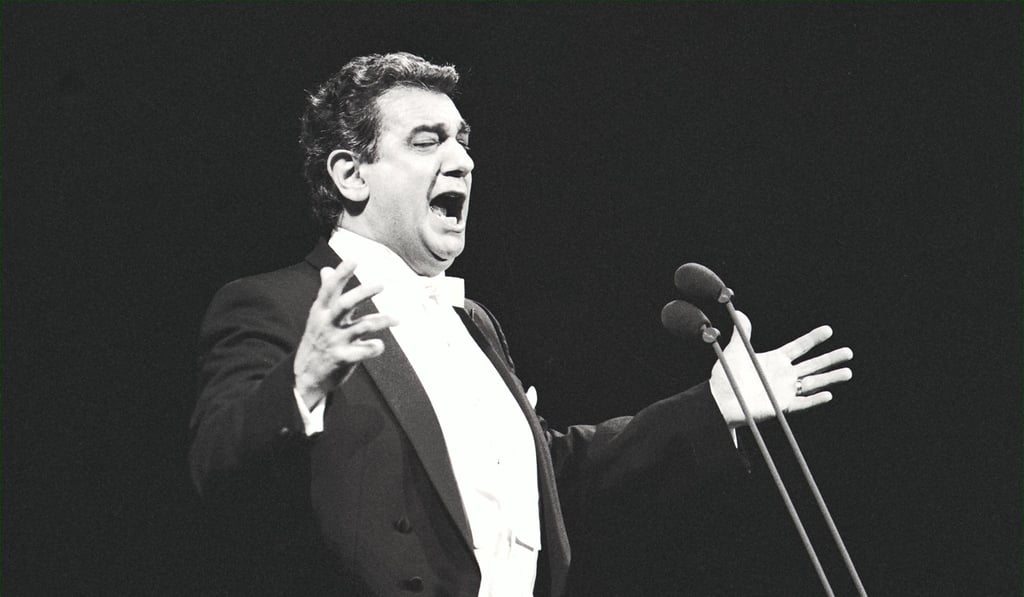The rise and fall of Placido Domingo, the Spanish tenor who hit a low note in sex scandal
- One of the Three Tenors, Placido Domingo has been at the forefront of opera for decades
- However, accusations of sexual misconduct have effectively ended his glittering career

One of the world’s most celebrated and prolific opera singers, Placido Domingo enjoyed a glittering six-decade career until a sexual harassment scandal brought down the curtain on his success.
Dubbed “the king of opera”, Domingo rose to worldwide fame as one of the Three Tenors, his sonorous voice and commanding physical presence enchanting audiences across the globe. The Spanish megastar also made a name for himself conducting and directing, taking on the top artistic positions at some of the world’s most prestigious concert venues.
Although he brushed off the accounts as “inaccurate”, insisting his interactions were “always welcomed and consensual”, the damage was done. Within two months, the charismatic tenor-turned-baritone stepped down from the Los Angeles Opera and withdrew from New York’s Metropolitan Opera, effectively ending his US career.
